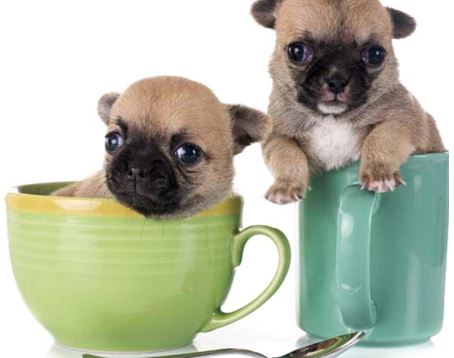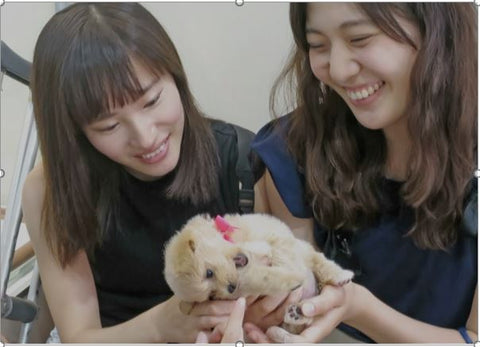We all know how everyone would love to own a little teacup pet of their own because of their cute size. Here are some facts that everyone should know.
There's no denying that these tiny pets are absolutely adorable because of their little size, but do teacup dogs actually stay that small? Do they make good pets? And, perhaps most importantly, are they healthy?
Scientifically there's no single breed of teacup dogs. Rather, a number of breeds like the usual household pets like Pomeranians, Chihuahuas, and Maltese can be bred as micros in which they will be following the standard measurement. There is a weight range that can qualify a pooch as a teacup.

In order for dogs to be considered "teacup" they must weigh between two and five pounds, and measure fewer than 17 inches when fully grown.
Come to think of this, we all know that there is never a fixed type of breed for “teacup” sizes. A lot of controversy around the breeding techniques breeders use to produce such tiny dogs. It's difficult to hear, but many of these techniques can be extremely detrimental to the dogs' health and happiness.
Here are some common health issues that are found in the teacup breeds:
- Hypoglycemia: This extreme drop in blood sugar can result in symptoms like shivering, weakness, and seizures.
- Unhealthy weight: Smaller dogs have faster metabolisms, which in turn requires more frequent feedings. Frequent feedings paired with little or no exercise can result in unhealthy weight.
- Hemorrhagic gastroenteritis (HGE): According to some studies, smaller dogs are more likely to develop hemorrhagic gastroenteritis. The exact cause of HGE is unknown, but it's often characterized by bloody diarrhea or vomit, lethargy, and decreased appetite.
- Bone fragility: Teacup dogs' bones are smaller and frailer than the bones of a larger dog, making them susceptible to breaks or fractures.
Overall, having a teacup dog is also more prone to being stepped on, sat on, or dropped simply because they're so tiny. If you have young children, a teacup dog might not be the right choice for you. Since children tend to be more playful. It’s important to note that not every teacup dog will experience these health issues, but potential teacup pup parents should be well aware of the risks.


